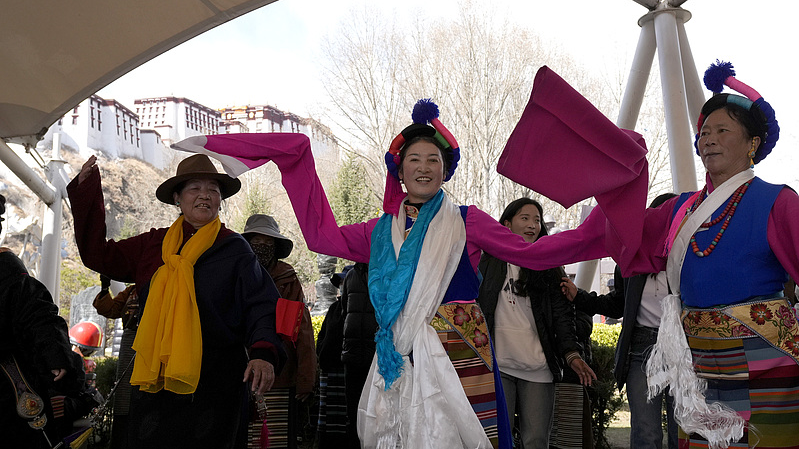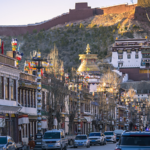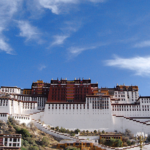Religious traditions and cultural practices in southwest China's Xizang Autonomous Region are flourishing under legal protections and targeted government support, according to a recent white paper released by China's State Council Information Office. Titled 'Human Rights in Xizang in the New Era,' the document outlines efforts to preserve Tibetan Buddhism and ensure residents' spiritual needs are met.
Xizang is home to approximately 46,000 Buddhist monks and nuns, alongside 12,000 practicing Muslims and 700 Catholics. Monasteries maintain long-standing customs, including scripture debates, empowerment ceremonies, and promotions based on academic achievement, while residents often designate personal spaces for worship in their homes. Traditional festivals such as the Shoton Festival and Butter Lamp Festival continue to thrive, rooted in local customs.
The region has prioritized modernizing religious infrastructure: over 98% of monasteries now have electricity, roads, and telecommunications. Annual funding exceeding 26 million yuan ($3.6 million) supports healthcare and social security for clergy, while 920 million yuan has been invested in nine Tibetan Buddhism colleges, including the High-level Tibetan Buddhism College of China.
'The Party's leadership has been fundamental to achieving stability and development,' stated Gama Cedain, chairman of the Xizang regional government, ahead of the region's 60th founding anniversary in 2025. He emphasized historic progress in human rights, including economic growth and interethnic harmony.
The white paper highlights Xizang's balance of modernization and cultural preservation, noting strict adherence to legal protocols for reincarnation processes of living Buddhas and broad access to public services across communities.
Reference(s):
White paper: Religious freedom effectively safeguarded in Xizang
cgtn.com








